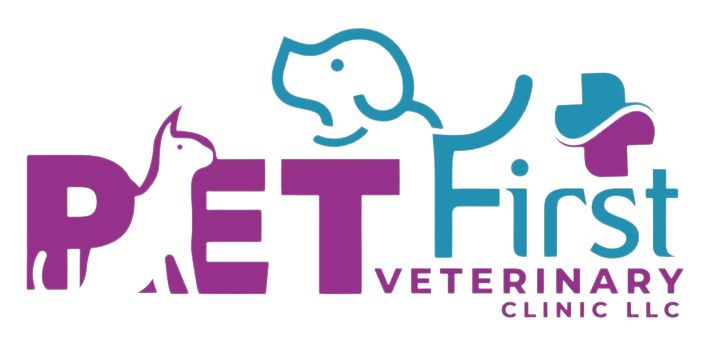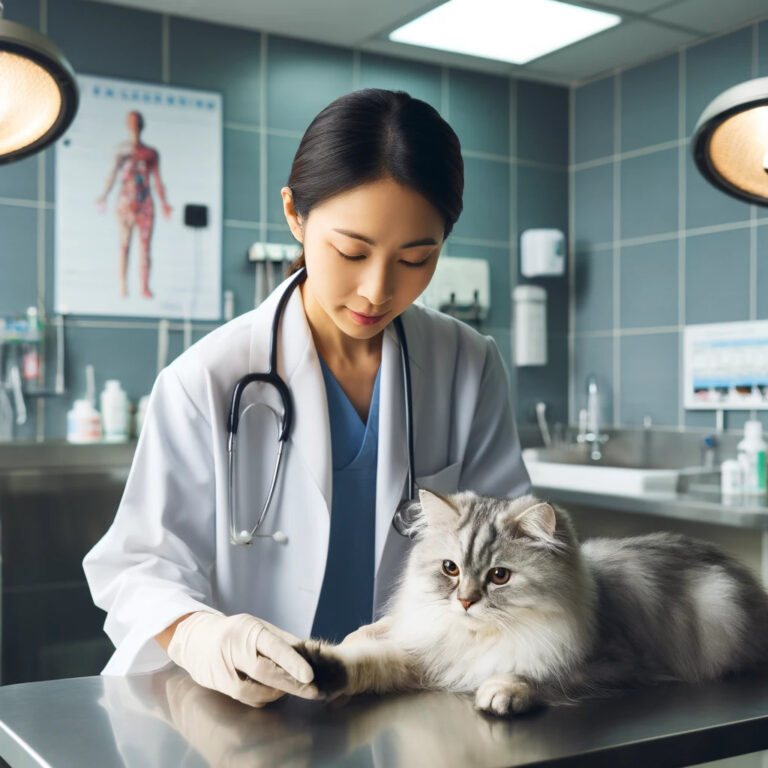Can dogs get Rotavirus from humans? Watch out for these signs and symptoms to prevent Rotavirus in dogs and protect them from any potential infection.
Can dogs get Rotavirus from humans? Watch out for these signs and symptoms to prevent Rotavirus in dogs and protect them from any potential infection.
Have you ever seen your furry friend suffering from stomach issues and wondered what could be the cause? Rotavirus, a common culprit of gastroenteritis in humans, especially children, is not just limited to us. This raises an important question for pet owners who witness similar symptoms in their dogs. So, can dogs get Rotavirus?
Yes, there is a possibility of Rotavirus in dogs. Although Rotavirus infections are more commonly associated with young children, particularly those under 5 years of age, it has been observed that this virus can also infect dogs, especially puppies. Rotavirus in dogs can be contracted through with contact with infected partners (other dogs), contaminated surfaces, or even humans.
Therefore, pet owners need to be aware of the potential risks, symptoms, and preventive measures associated with Rotavirus in dogs to ensure their well-being. Continue reading to find out how this virus affects your pet’s health to implement timely preventive measures.
What is Rotavirus in Dogs?
Rotavirus in dogs is a highly contagious, double-stranded, non-enveloped RNA virus that belongs to the Reoviridae family. There are multiple types or strains identified, contributing to the complexity of Rotavirus in dogs.
It primarily affects the gastrointestinal tract. Hence, known for causing gastroenteritis, an inflammation of the stomach and intestines in a variety of hosts, including humans and animals.
How is Rotavirus Transmitted in Dogs?
Rotavirus in dogs spreads through contact with infected canines, contaminated surfaces, or ingestion of contaminated food and water. It is transmitted through fecal-oral route when your pet comes in contact with contaminated poop, body fluids, or surfaces.
Besides, if dogs are living in overcrowded spaces, their tendency to catch the infection is significantly higher.
Can Rotavirus Spread From Dogs to Humans?
Yes, there’s a potential for Rotavirus to spread from dogs to humans. Many experiments have been conducted that prove the zoonotic nature of the virus. Though most strains are species-specific, studies reveal that some strains are capable of crossing the species barrier and causing infection in both humans and animals.
This emphasizes the importance of special care for individuals engaged in activities such as farming, pet sitting, or countryside living, where their exposure to animals, particularly dogs is higher, to minimize the risk of cross-species transmission.
Who is Most at Risk of Rotavirus?
While young children are most at risk of the infection, Rotavirus can also affect animals, including dogs. Young dogs (pups) are more likely to develop the infection if:
- Under the age of 12 weeks
- Have a weak immune system
- Living with infected canines
- Have poor hygiene
On the other hand, adult dogs are rarely affected as they are likely to have antibodies to prevent the infection.
How Do I Know if My Dog has a Viral Infection?

Diarrhoea and vomiting are the primary symptoms of Rotavirus infection leading to the development of conditions such as:
- Dehydration
- Weight loss
- Poor appetite
- Fatigue or lethargy
- Low-grade fever
Puppies mostly show symptoms of mild to moderate diarrhea and vomiting, but adult dogs often remain asymptomatic while still carrying the disease.
Diagnosis of Rotavirus
The diagnosis of Rotavirus infection typically involves the following steps:
Clinical Examination
A veterinarian will conduct a thorough clinical examination of the dog, considering symptoms such as diarrhea, vomiting, and dehydration.
Blood Tests
Blood tests may be conducted to assess the overall health of the dog and rule out other potential causes of gastrointestinal symptoms.
Fecal Examination
A fecal sample is collected and tested for the presence of Rotavirus antigens using specialized diagnostic tests. Enzyme-linked immunosorbent assay (ELISA) is a common method employed for this purpose.
PCR Testing
Polymerase chain reaction (PCR) testing helps detect the genetic material of the Rotavirus in the fecal sample. This molecular technique provides a highly sensitive and specific method for diagnosis.
Electron Microscopy
In a certain research, electron microscopy may be utilized for a more detailed examination of viral particles in fecal matter. This technique allows for the visualization of the virus at the ultrastructural level, providing valuable insights into its morphology.
How to Prevent Rotavirus in Dogs?
Preventing Rotavirus infection in dogs involves a combination of vaccination, hygiene practices, and general health management.
- Consult with your veterinarian to ensure your dog is up-to-date on vaccinations for a strong immune system.
- Practice thorough handwashing after handling dogs, particularly puppies, or cleaning up after them.
- Maintain a clean living environment for your dog, regularly disinfecting surfaces and areas where they spend time.
- If a dog is diagnosed with Rotavirus, isolate them from other dogs to prevent the spread of the virus.
- Be cautious in environments where dogs gather, such as dog parks or kennels. Avoid areas with potential fecal contamination.
Treatment of Rotavirus in Dogs

The symptoms of Rotavirus typically last for 8-10 days and usually resolve on their own. The primary focus of treatment involves providing supportive care to manage these symptoms effectively. Following are the treatment options for rotavirus:
Fluid Therapy
The most critical aspect of treating Rotavirus is preventing dehydration due to diarrhea and vomiting. Intravenous or subcutaneous fluid therapy may be administered by a veterinarian to maintain hydration levels.
Electrolyte Replacement
Along with fluids, electrolytes (sodium, potassium, chloride) may be supplemented to restore the balance lost during diarrhea and vomiting.
Nutritional Support
Ensure your dog receives proper nutrition, even if they have a reduced appetite. Veterinarians recommend supportive nutrition through syringe feeding or intravenous nutrition to speed up the recovery process.
Medications
There’s no specific medication to treat viral infections. Antidiarrheal and antiemetic medications are usually prescribed for symptomatic relief from diarrhea and vomiting.
Can Antibiotics Cure Rotavirus?
No, antibiotics can’t cure Rotavirus or any other viral infection. They’re specifically designed to kill or stop the growth of bacteria. And therefore, aren’t effective against viruses. The treatment of Rotavirus infection is mostly symptomatic.
Takeaway
Although Rotavirus is commonly associated with human infections, pet owners must recognize that dogs can also be vulnerable to specific strains. If any signs of Rotavirus or other illnesses arise, prompt veterinary attention is essential. Fortunately, with attentive care and appropriate treatment, most dogs can overcome Rotavirus.
Remember, the well-being of our canine companions is in our hands, and proactive measures ensure they continue to lead thriving and joyful lives.










